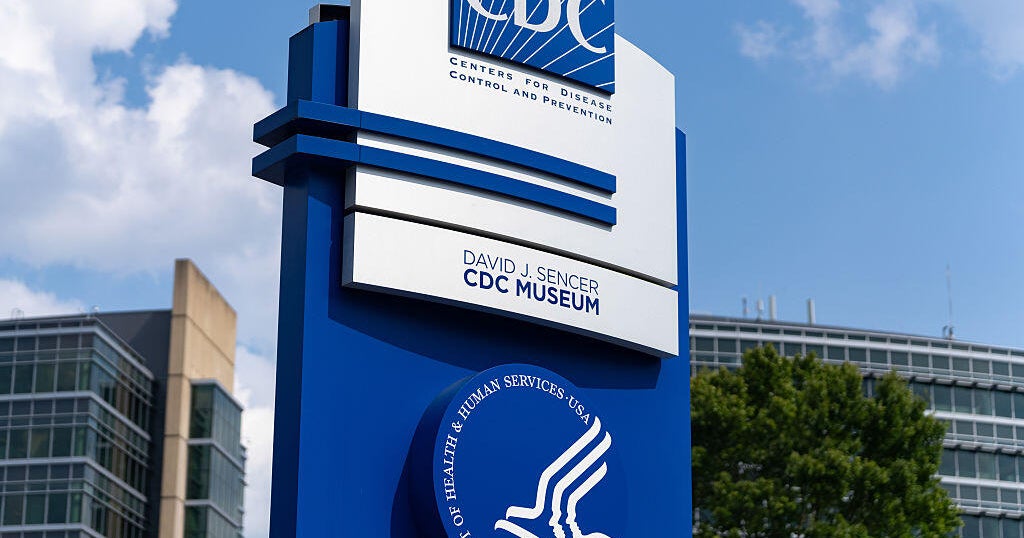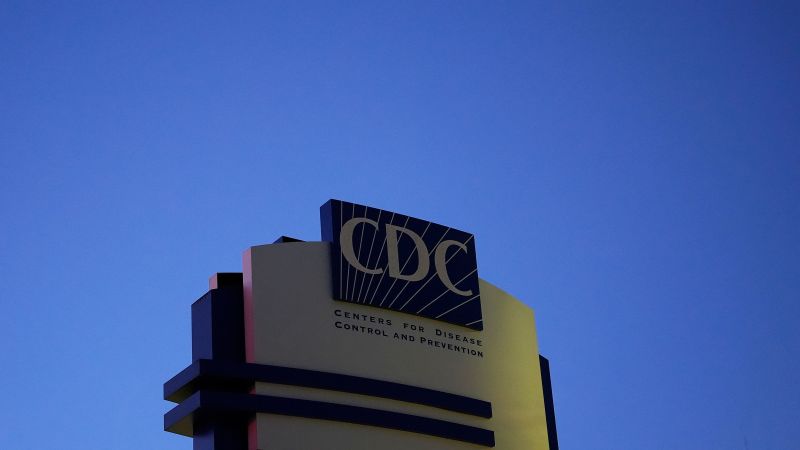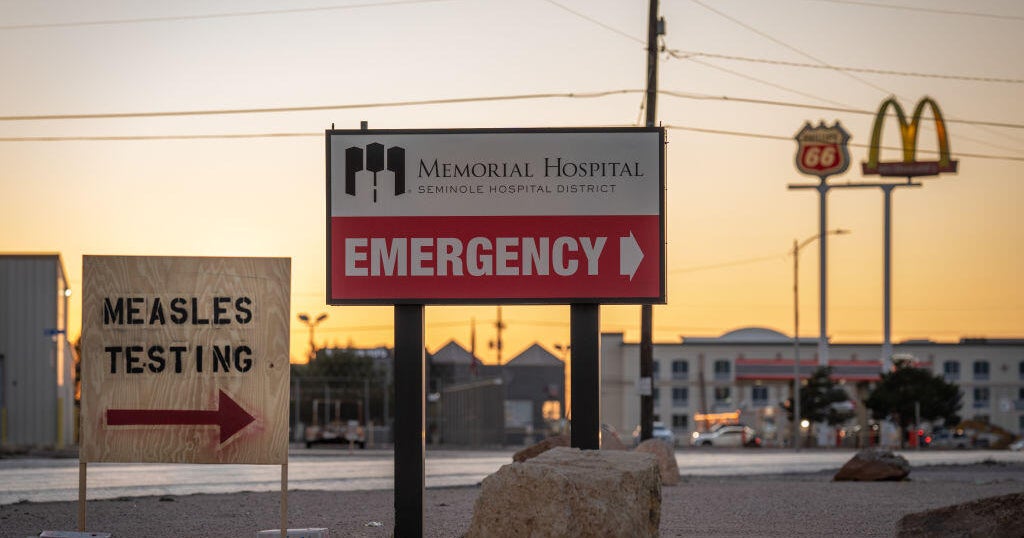CDC Shutdown Layoffs Echo Squid Games, Raising Public Health Concerns

CDC Scientist Compares Shutdown Layoffs to 'Squid Games'
A CDC scientist recently likened the agency’s layoffs during the government shutdown to the tense survival drama of "Squid Games," highlighting the chaotic and ruthless nature of the cuts. The scientist revealed that entire programs, even those legally mandated, were eliminated, leaving no staff to fulfill critical roles. Such drastic reductions have sparked fears about the CDC’s capacity to handle public health threats effectively.
Impact of Mass Firings on Public Health
Over 1,000 CDC employees received termination notices amid the shutdown, including teams responsible for monitoring disease outbreaks and publishing key reports like the Morbidity and Mortality Weekly Report (MMWR). Although some staff were rehired due to administrative errors, the initial mass firings disrupted essential public health functions and raised alarms about gaps in disease surveillance and emergency response.
Broader Implications
The shutdown-induced layoffs have not only compromised CDC operations but also underscored vulnerabilities in federal workforce management during crises. Experts warn that these cuts could have long-lasting effects on national health security, emphasizing the urgent need to protect and sustain critical scientific programs regardless of political impasses.
About the Organizations Mentioned
CDC
The **Centers for Disease Control and Prevention (CDC)** is the premier national public health agency of the United States, operating under the Department of Health and Human Services and headquartered in Atlanta, Georgia. Its primary mission is to protect public health and safety through disease control, injury prevention, and health promotion both nationally and globally[1][8]. Established in 1946 initially as a single "Center for Disease Control," the agency expanded and reorganized in 1980 into multiple specialized centers, reflecting a broader focus beyond infectious diseases to include environmental health, chronic disease, occupational safety, and health education[7]. The CDC comprises various centers and institutes, such as the National Center for Immunization and Respiratory Diseases, the National Center for Chronic Disease Prevention and Health Promotion, and the National Institute for Occupational Safety and Health (NIOSH), among others. These centers enable the CDC to address a wide array of public health challenges through research, surveillance, policy development, and education[2]. It also plays a key role in emergency preparedness and response, demonstrated notably during the COVID-19 pandemic, where its guidance shaped public health actions despite complex political and social dynamics[8]. Key achievements include pioneering epidemiological research, controlling outbreaks of infectious diseases, advancing vaccine safety and immunization programs, and addressing emerging health threats such as obesity and diabetes. The CDC is recognized for disseminating authoritative health information, including the widely cited Morbidity and Mortality Weekly Report (MMWR), and for its global collaborations with health organizations worldwide[1][3][8]. Currently, the CDC is undergoing organizational adjustments to focus more intensively on infectious diseases, as part of the 2025 Department of Health and Human Services reorganization. This includes absorbing the Administration for Strategic Preparedness and Response while shifting some functions like occupational safety to new entities[1]. The agency’s comprehensive approach, backed by science and government funding, positions it as a critical leader in public health innovation, disease prevention, and health security i
Morbidity and Mortality Weekly Report (MMWR)
The **Morbidity and Mortality Weekly Report (MMWR)** is a renowned epidemiological publication series produced by the U.S. Centers for Disease Control and Prevention (CDC). Established in 1930 originally as the *Weekly Health Index*, it evolved through several name changes before adopting its current title in 1976. MMWR serves as the CDC’s primary and authoritative platform for disseminating timely, reliable, and scientifically rigorous public health information and recommendations[1][6]. MMWR publishes a variety of reports, including the widely read *MMWR Weekly* issued every Thursday, along with longer-form publications such as *Recommendations and Reports*, *Surveillance Summaries*, and *Supplements*. Its readership primarily consists of healthcare professionals, epidemiologists, researchers, and public health practitioners, making it essential for monitoring disease trends, outbreaks, and health threats across the United States and globally[1][6]. Historically, MMWR has been instrumental in reporting critical public health issues ranging from infectious disease outbreaks like West Nile virus and influenza to chronic disease trends and vaccination guidelines. Its "Notifiable Diseases and Mortality Tables" provide consistent, long-term surveillance data, helping to track deaths by disease across states and large cities. The report’s public domain status allows unrestricted use and reprinting, enhancing its impact and accessibility[1][6][7]. Notably, MMWR is known for its *Vital Signs* reports—a focused feature highlighting major health threats and actionable prevention strategies aligned with CDC priorities. These reports use a structured, evidence-based format to inform public health policy and practice[4]. Despite its authoritative role, MMWR faced challenges in recent years, including publication interruptions during political and administrative upheavals, which led some public health groups to create alternative reporting channels. Nevertheless, the CDC affirms its commitment to maintaining MMWR as a trusted, science-driven source[5]. In the business and technology context, MMWR exemplifies how data-driven scientific communication supports















